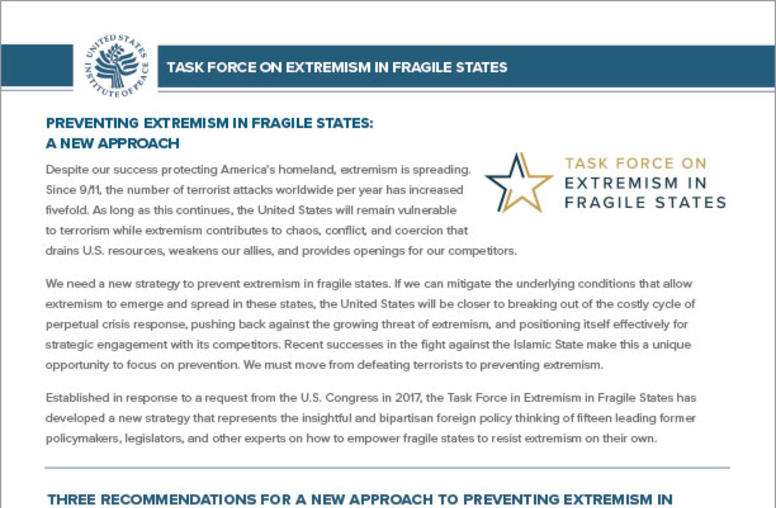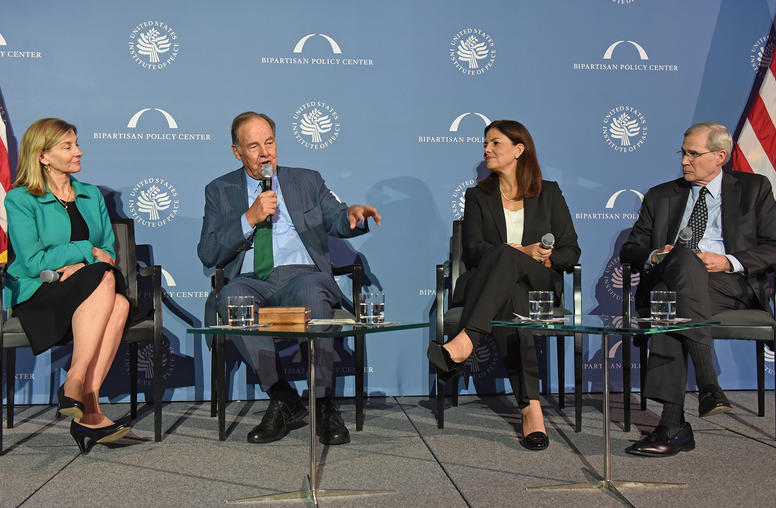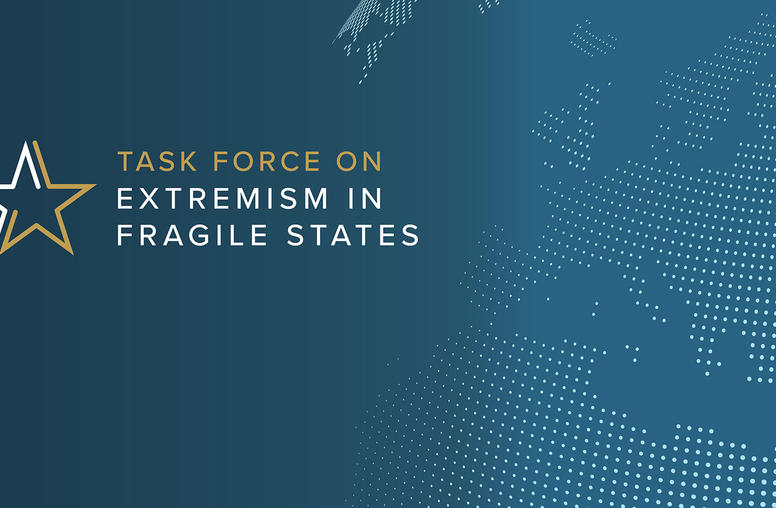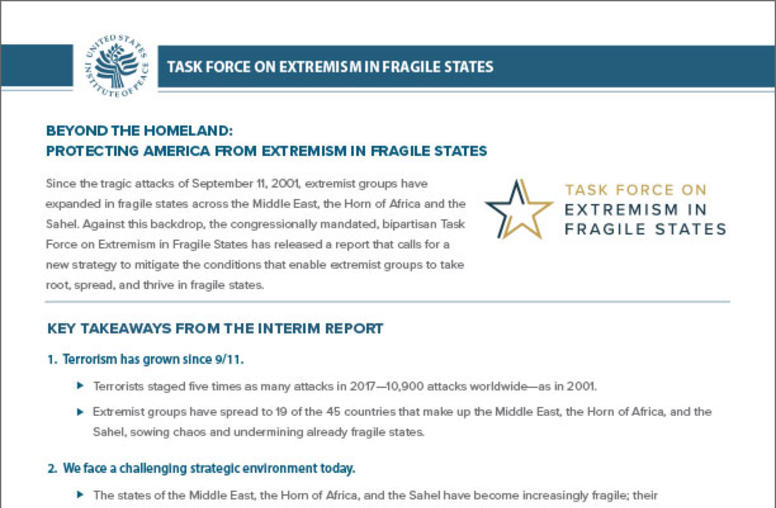Question And Answer
Publications
Articles, publications, books, tools and multimedia features from the U.S. Institute of Peace provide the latest news, analysis, research findings, practitioner guides and reports, all related to the conflict zones and issues that are at the center of the Institute’s work to prevent and reduce violent conflict.

Three recommendations for a new approach to preventing extremism in fragile states
Despite our success protecting America’s homeland, extremism is spreading. Since 9/11, the number of terrorist attacks worldwide per year has increased fivefold. As long as this continues, the United States will remain vulnerable to terrorism while extremism contributes to chaos, conflict, and coercion that drains U.S. resources, weakens our allies, and provides openings for our competitors.

Reforming the U.S.-Sudan Relationship Requires a Regional Strategy
On November 7, the U.S. Department of State announced long-awaited plans outlining a path to better relations with Sudan, “designed to expand our bilateral cooperation, facilitate meaningful reforms to enhance stability in Sudan, and achieve further progress in a number of areas of longstanding concern.” USIP’s Aly Verjee and Payton Knopf discuss the initiative, and identify where broader U.S. regional objectives could cohere, including in the war in Yemen.

What Can World War I Teach Us About Peacebuilding Today?
Fragility is not simply a phenomenon concentrated in a limited number of states at the periphery of rich and powerful ones. It also extends to the interconnections between richer countries and the governance structures of the very international institutions meant to support countries with particularly acute problems of governance.

Libya’s Migrant Crisis Isn’t Just a European Problem
Next week, Italy will host an international conference intended to finally bring Libya’s bloody seven-year conflict toward resolution. Since the ouster of Muammar Qaddafi in 2011, successive U.S. administrations have watched Libya’s continuing collapse, believing that the country’s unraveling threatens only Europe. This is a mistake.

Terrorism has “Changed Dramatically” Since 9/11, Experts say Bipartisan Solutions Needed
Despite counterterrorism efforts that have “thwarted dozens of plots and thoroughly disrupted terrorist capabilities,” we “cannot rest” in our efforts to prevent violent extremism, said Director of National Intelligence Daniel Coats Tuesday night at an event at the U.S. Institute of Peace. The event, co-hosted by USIP and the Bipartisan Policy Center on the 17th anniversary of 9/11, recognized 9/11 Commission chairs Gov. Thomas Kean and Rep. Lee Hamilton for their work leading the Commission and for continuing this work through the Task Force on Extremism in Fragile States.

Nancy Lindborg on Addressing Extremism in Fragile States
Seventeen years after the 9/11 attacks, Nancy Lindborg details the findings of an interim report from the congressionally mandated Task Force on Extremism in Fragile States. Convened by USIP, the Task Force will devise a comprehensive new strategy for addressing the underlying causes of extremism in fragile states, says Lindborg, a member of the Task Force.

Beyond the Homeland: Protecting America from Extremism in Fragile States
This interim report of the Task Force on Extremism in Fragile States explains why such a preventive strategy is needed and what it might entail. In 2019, the Task Force will propose a comprehensive preventive strategy to mitigate the conditions that give rise to violent extremism.

Key Takeaways: Interim Report from the Task Force on Extremism in Fragile States
Since the tragic attacks of September 11, 2001, extremist groups have expanded in fragile states across the Middle East, the Horn of Africa and the Sahel. Against this backdrop, the congressionally mandated, bipartisan Task Force on Extremism in Fragile States has released a report that calls for a new strategy to mitigate the conditions that enable extremist groups to take root, spread, and thrive in fragile states.

North Africa’s Fragility Provides Fertile Ground for ISIS
The U.S. Institute of Peace asked our Mike Yaffe and the American Enterprise Institute’s Emily Estelle for their insights on confronting the terrorist threat in Libya and Tunisia and addressing governance challenges in the two North African nations.

Nancy Lindborg on Libya’s Role in the Migrant Crisis
Following a recent trip to Libya, USIP President Nancy Lindborg discusses how Libya has become the epicenter for refugees from the Middle East, Africa and South Asia migrating to Europe. “Even though the overall rates of migration into Europe have decreased,” says Lindborg, “they will continue as long as smuggling in Libya remains such a big business.”